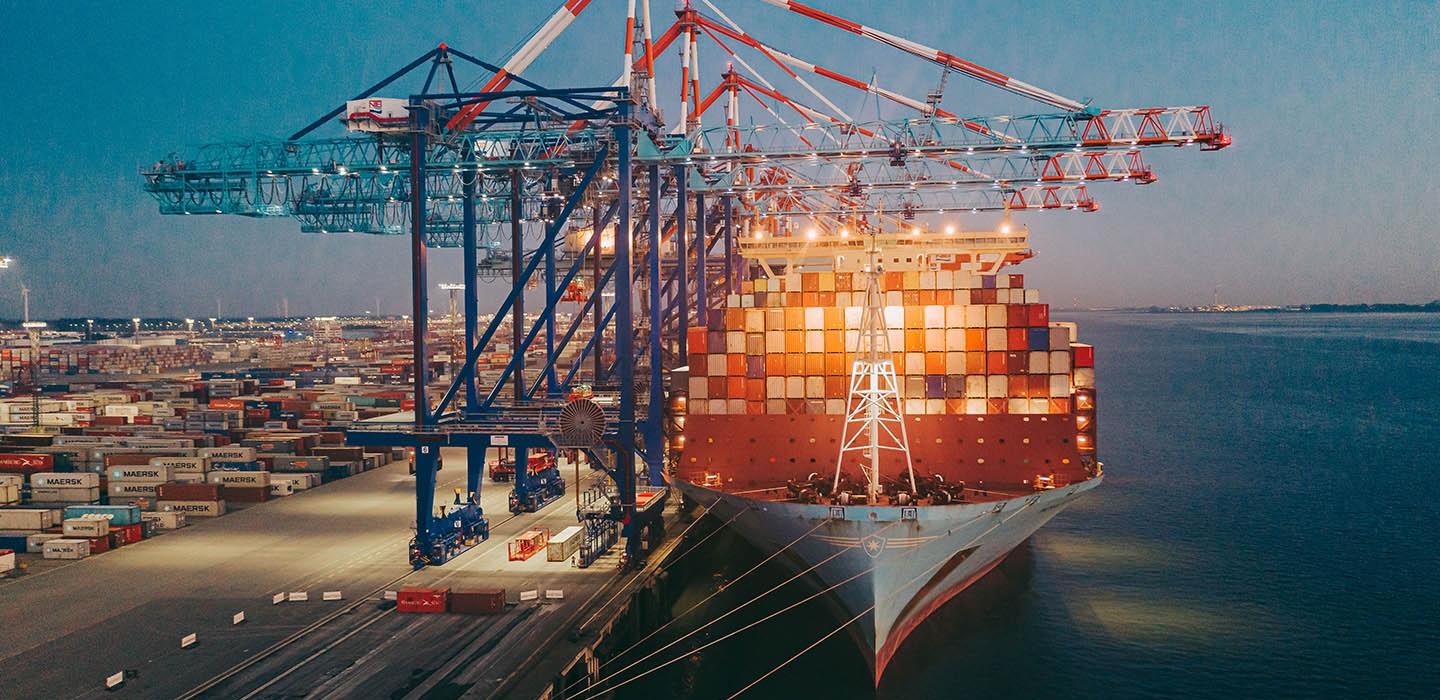Cargo World Logistics Limited
Office 5 Causeway Bridges Business Centre
Old Alder Lane
Warrington
WA5 4BN
Tel: +44 (0)1925 940 040
Email: Hello@cargoworldlog.com

As of 5th May 2025, President Donald Trump's administration has implemented significant tariff changes affecting global trade, with notable impacts on China, the Far East, Europe, and South America. Here's a region-by-region breakdown relevant to your logistics operations:
🇨🇳 China
Tariff Increases: The U.S. has imposed tariffs up to 145% on most Chinese imports, including consumer goods like toys and electronics (exceptions exist for certain technology products).
Postal Shipments: Imports via international postal services now face duties of 120% or $100 per item, increasing to $200 per item on 1st June.
Trade Negotiations: While China is open to discussions, it demands the U.S. cancel unilateral tariffs. The U.S. has expressed willingness to negotiate but maintains a firm stance on existing tariffs.
🌏 Far East (including Japan, South Korea, Southeast Asia)
General Tariffs: A 10% baseline tariff applies to all countries under the International Emergency Economic Powers Act (IEEPA), effective since 5th April 2025.
Specific Measures: No additional country-specific tariffs have been announced for Far East nations beyond the general 10% tariff.
🇪🇺 Europe
Reciprocal Tariffs: The U.S. imposed a 20% tariff on all EU imports starting 9th April 2025, later reduced to 10% for a 90-day negotiation period.
Automotive Sector: A 25% tariff on all car imports significantly affects European automakers, particularly Germany.
EU Response: The EU has prepared 25% retaliatory tariffs on €21 billion worth of U.S. goods, set to take effect if negotiations fail.
🌎 South America
General Tariffs: South American countries are subject to the 10% baseline tariff under the IEEPA, effective since 5th April 2025.
Specific Measures: No additional country-specific tariffs have been announced for South American nations beyond the general 10% tariff.
📦 Logistics Implications
Supply Chain Disruptions: High tariffs on Chinese goods have led to significant supply chain disruptions, particularly in industries reliant on Chinese manufacturing.
Cost Increases: Tariffs on European automobiles and other goods may lead to increased costs for importers and consumers.
Operational Adjustments: Logistics companies should anticipate delays and consider diversifying supply chains to mitigate risks associated with these tariffs.
“This is an incredibly tough situation for a lot of parties, there is going to be a lot of renegotiation to be done between shippers and consignees. Will the supply chain permanently change by this? Who knows, but it will be an interesting few months that is for sure.”
Josh CartledgeDirector